Printmaking
Code: R0807-21
-
II
Level II
Students have experience working with computer-aided design with basic principles of CAM/software.
-
III
Level III
Students have some formal training in digital fabrication, experience with a variety of materials and fabrication processes, and know how to use CNC, 3-D printers, or laser cutters competently and safely. Students have a portfolio of their work.
Mono Matrix: digital & analog
Jul 26 - 30, 2021
9AM-5PM
Concept
Playfully and dynamically integrate the digitally-fabricated with hand-generated matrices to create one-of-a-kind prints. Primarily using monotype and relief methods, students make layered prints using access to Anderson Ranch Art Center’s Digital Fabrication Lab (“FabLab”) and the Patton Print Shop. In conjunction with making a range of stencils and blocks in the lab, students focus on graphic and painterly layering and experimentation in the printmaking studio. Digital and analog processes are demonstrated and integrated to support expansive possibilities and to broaden the scope of one’s imagery.
Media
Engraved woodblocks, cut paper stencils and hand-drawn matrices. Basic Photoshop skills are necessary.
Supply ListFaculty

Emily Ginsburg
Emily Ginsburg is an interdisciplinary artist who explores communication and its impact on the everyday through diverse media platforms. She is Professor, Chair of Media Arts, at the Pacific Northwest College of Art in Portland, OR. She received her MFA in Printmaking from Cranbrook Academy of Art.

Emily Ginsburg, Transmission #15 - detail
Join Waitlist for Mono Matrix: digital & analog
Thank you for your interest in the waitlist. When space in a workshop or program becomes available, registration will open on the website. Everyone on the waitlist will be emailed to alert them of the opening. This ensures that everyone has an equal opportunity to register for the workshop or program.
Printmaking
Discover the exciting possibilities of this historically rooted medium. Our Printmaking program fosters a supportive studio atmosphere where artists of all levels have the freedom to experiment and learn new techniques. Summer printmaking workshops, taught by accomplished artists and educators, offer a fresh take on the medium, mixing traditional processes with experimental attitudes.
Anderson Ranch’s Patton Printmaking Studio is clean, spacious, and outfitted with a variety of presses and equipment to accommodate screen printing, relief, intaglio, monoprinting, bookmaking, mokuhanga and lithography. Students have access to individual work tables, wall space, palettes, rags, hand tools, power tools, computers with Adobe software, wi-fi, printing, scanning, and projection capabilities.
At Anderson Ranch, the process of printmaking honors tradition, innovation, community and collaboration. We invite you to explore, experiment and expand your visual expression in this captivating environment.
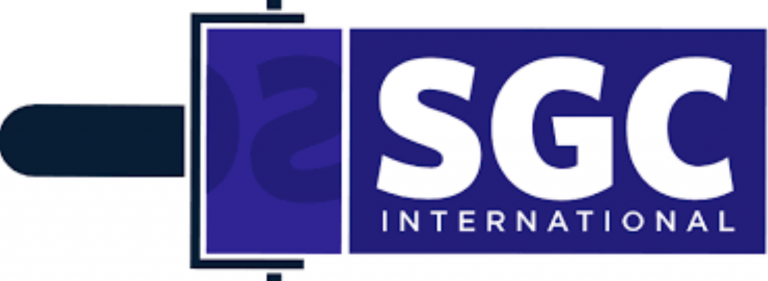
Anderson Ranch is happy to extend a 20% tuition discount* in summer one- or two-week adult workshops for SGC International members. Please register online and then email [email protected] with your membership information and we will make the adjustment once you are in the system. You are also welcome to call 970-924-5089 to register. *Please note that the SGC discount cannot be combined with any other discount, scholarship or special offer.
Workshop Details
Supply List
Many of the items you'll need are available in the ArtWorks Store. Please click "View Full Supply List" to see a comprehensive list of items you'll need for this workshop.

Sketchbook (or way to generate ideas)
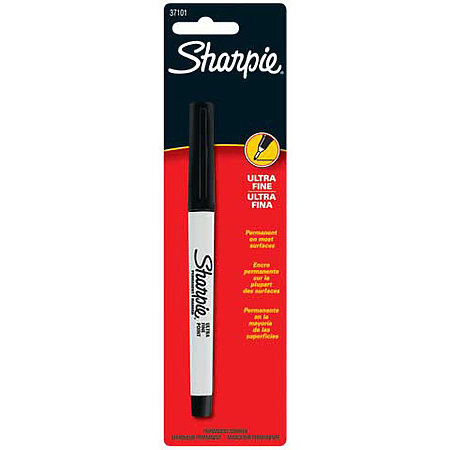
Sharpie, black, fine point

X-Acto knife with fresh blades

Retractable utility knife with snap-off blades

8 sheets of Rives BFK (minimum)

Mulberry sheets
Extra printing paper, such as Arches Cover*, Somerset*, Rives BFK, Stonehenge, Mulberry and/or Kitakata *Somerset and Arches Cover sheets are not available from the Artworks store
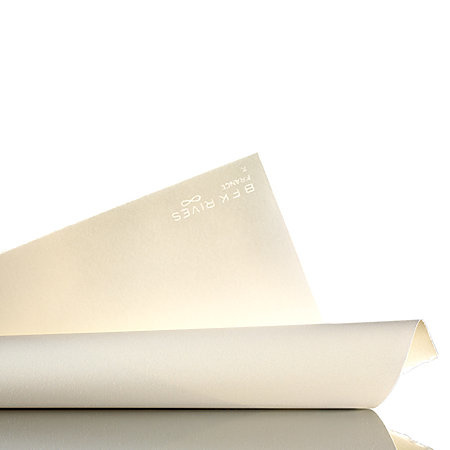
Rives BFK
Five sheets minimum strong paper at least 22×30” (like Stonehenge or Rives BFK) or large roll of paper if you want to stay on paper for all projects- should be paper good for wet media
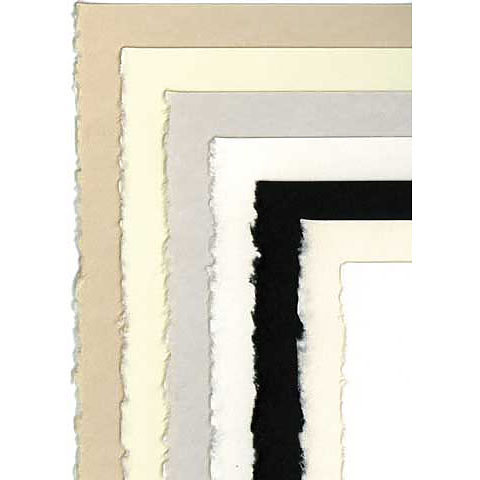
Stonehenge
Five sheets minimum strong paper at least 22×30” (like Stonehenge or Rives BFK) or large roll of paper if you want to stay on paper for all projects- should be paper good for wet media

Kitakata

Micron Pens
High-quality felt-tip pens such Micron or Faber Castel Pitt, fine point (.01, .02, .03, or .05 work well)

Pitt Artist Pens
High-quality felt-tip pens such Micron or Faber Castel Pitt, fine point (.01, .02, .03, or .05 work well)

Baren or spoon or other tools for hand burnishing
High-quality felt-tip pens such Micron or Faber Castel Pitt, fine point (.01, .02, .03, or .05 work well)
Lodging & Meals
Housing is limited and includes shared and private lodging options. Reservations will be managed on a first-come, first-served basis. The earlier you reserve housing, the better your chance of receiving your preferred option. Please note: Workshop costs do not include accommodations.
We have established a Business Safety Plan with added layers of precaution that prioritize the health and safety of our staff, students, faculty and guests while continuing to provide you with the Anderson Ranch experience that you know and enjoy.
The Ranch Café meal plan that is included with Room and Board fees strives to provide healthy, creative meals that will nourish your artistic creativity. The meal plan includes 5 days of continental breakfasts that will include a hot offering, 5 lunches with a selection of offerings, and 5 dinners.
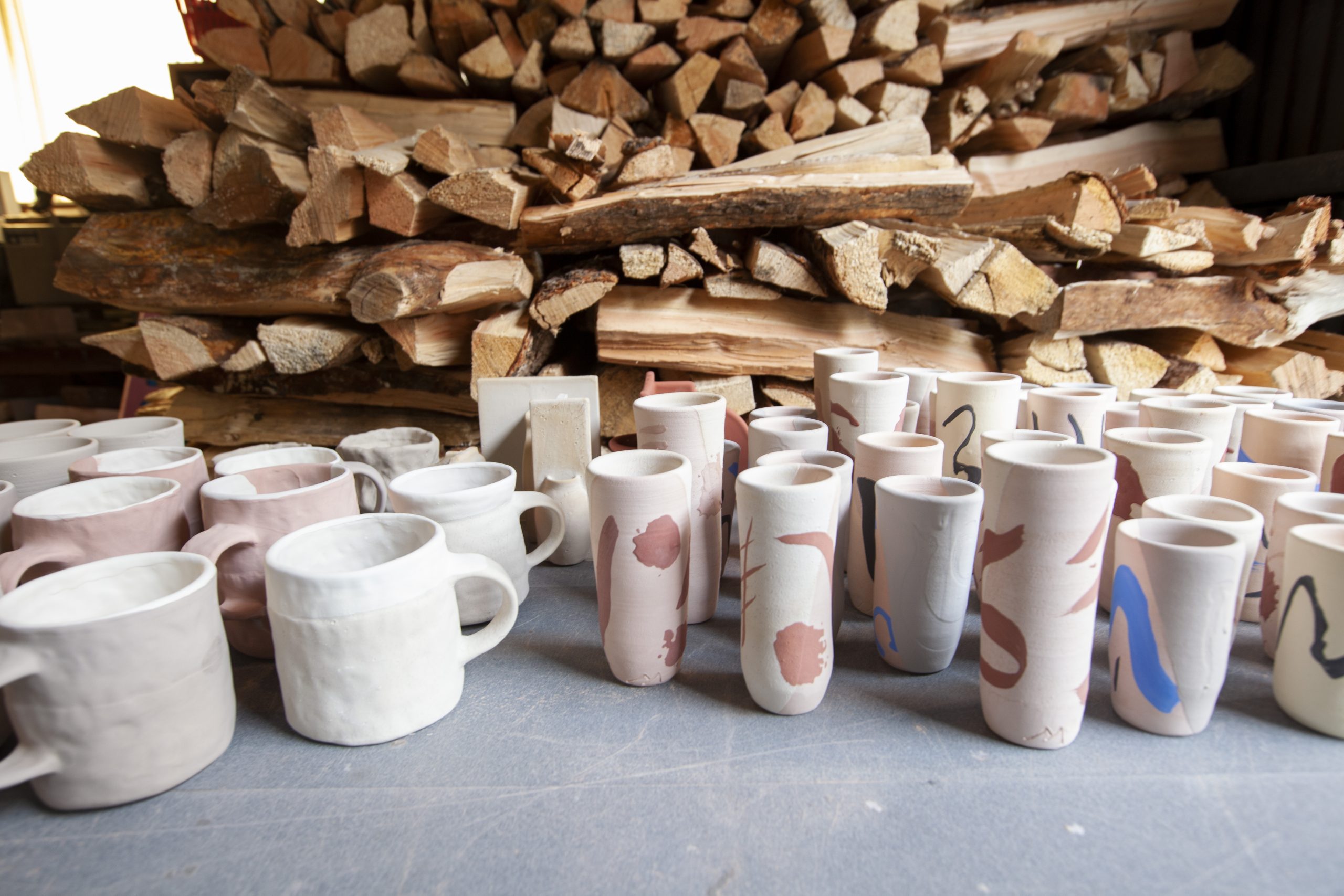
Scholarships, College Credit & Discounts
Making Art Accessible
Applications for scholarship support are encouraged. Specific scholarships are funded by Ranch supporters, either through endowed funds or special gifts.
Many colleges and universities offer college credit for workshops taken at Anderson Ranch. Discounts are available for students and teachers.
You Might Also Be Interested In
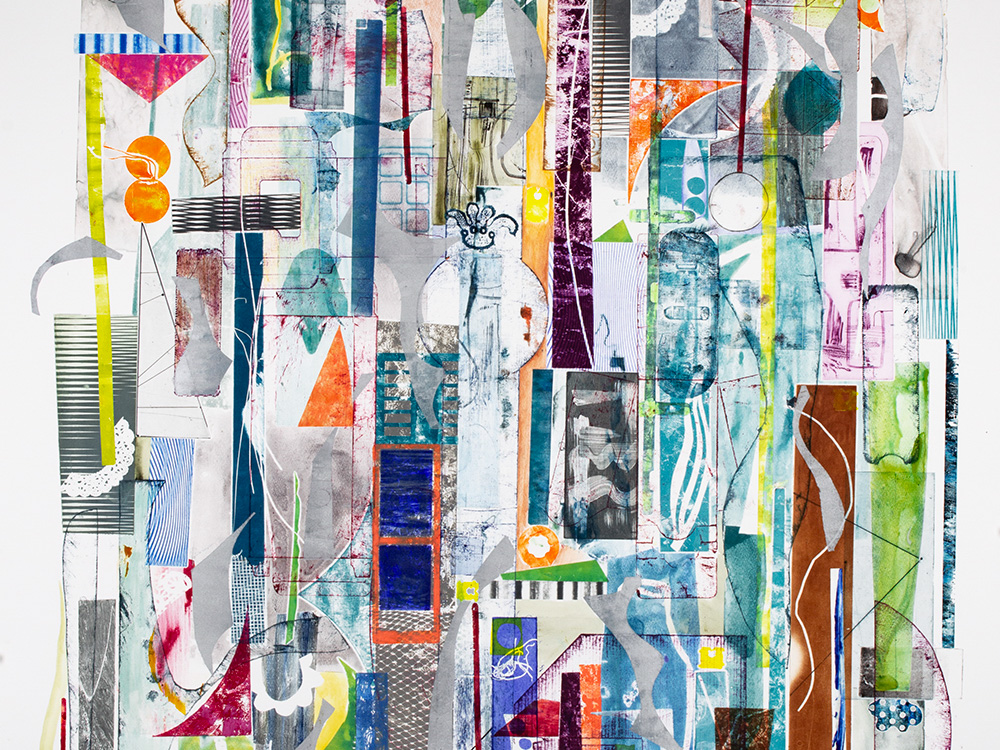
-
O
Open to All
Students of any skill and knowledge level.
Jul 29 - Aug 2, 2024
9AM - 5PM
Oil and Water: Collagraph, Stencils & Monoprint
Sue Oehme
Tuition $1,160
Code R0908-24
This versatile and dynamic monoprint workshop utilizes both water-based and oil-based media, printing from collagraph plates and stencils. Participants create textured plates by building up varied surfaces with acrylic mediums, along with using more traditional drypoint Plexiglass plates combined with collage materials and Duralar stencil shapes. These inspiring techniques work well with both abstract and representational imagery, adding new methods and visual effects to the printmaking practice. Each student is guided individually by the instructor, as well as offered group demos daily.
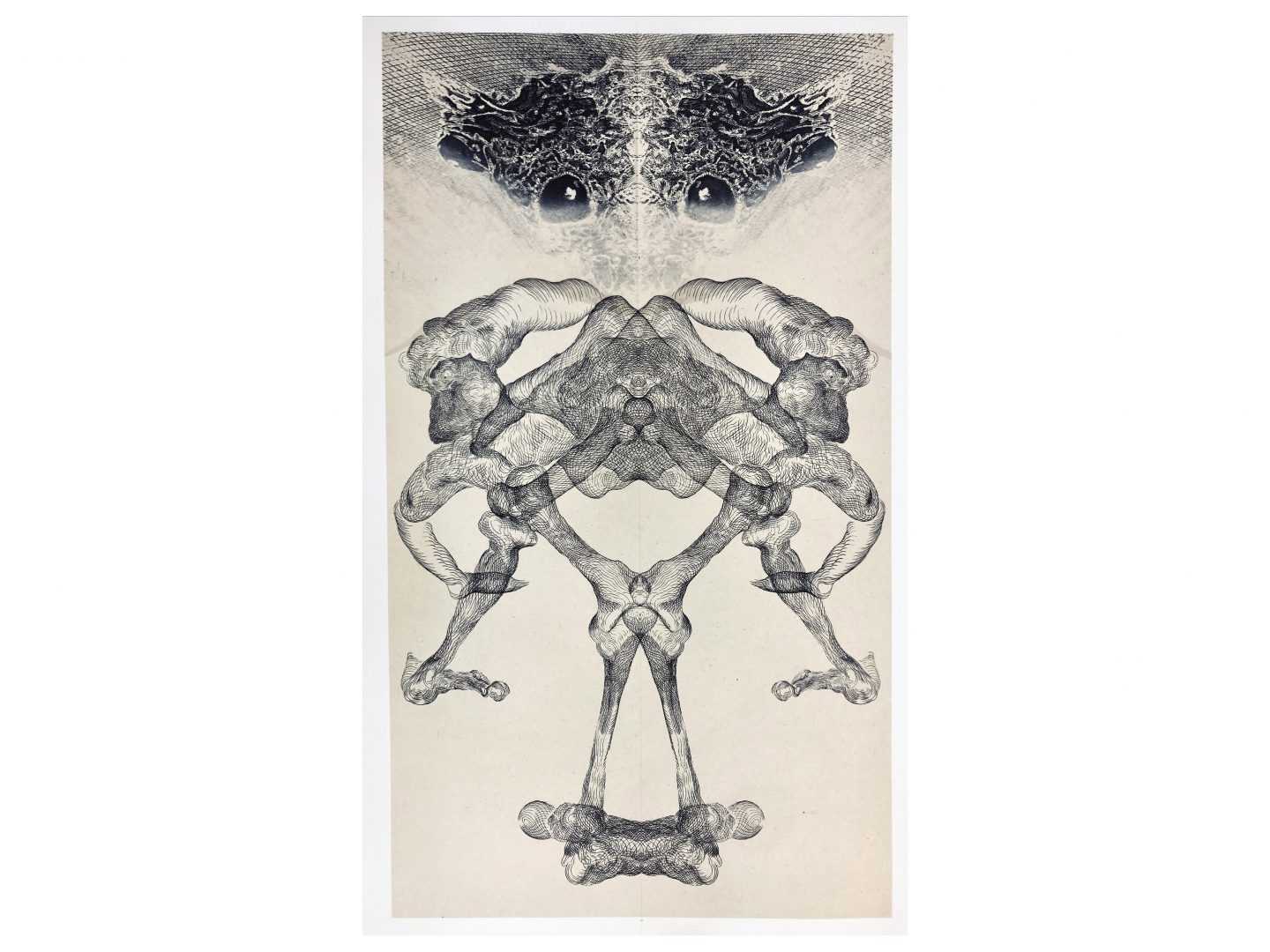
-
O
Open to All
Students of any skill and knowledge level.
Aug 5 - 9, 2024
9AM - 5PM
Intaglio: Visual Fundamentals and Line
Koichi Yamamoto
Tuition $1,160
Code R1009-24
Investigate fundamental visual elements in this printmaking course, which include drypoint, engraving, and etching on copper. Understanding the various qualities of lines possible in intaglio is an essential part of building dynamic drawings and compositions. Students experiment with the fast, dynamic, and expressive gestural marks used in drypoint and the slow, precise lines required for engravings and dots. The workshop begins by covering drypoint techniques that are later translated to copper engraving using a burin and etchings. Additionally, the history of etching is introduced, as well as technical demos including chine-collé and à la poupée.

-
O
Open to All
Students of any skill and knowledge level.
Aug 12 - 16, 2024
9AM - 5PM
Pixel to Print: Screen Printing with Photographic Imagery
Adriana Barrios
Tuition $1,160
Code R1110-24
Students use original photographic imagery as source material to create multi-layered and dynamic screen prints. Participants learn step-by-step details of the screen printing process including screen preparation (exposing and washing), halftone transparency creation, registration, and printing. Additional layering methods include exploratory paper dyeing techniques, flocking, and hand-generated transparencies. The goal of this class is to push the possibilities of screen printing, transforming photographic images into multi-layered dynamic prints. Students leave the class with a foundational understanding of the screen print process and a collection of unique prints.








